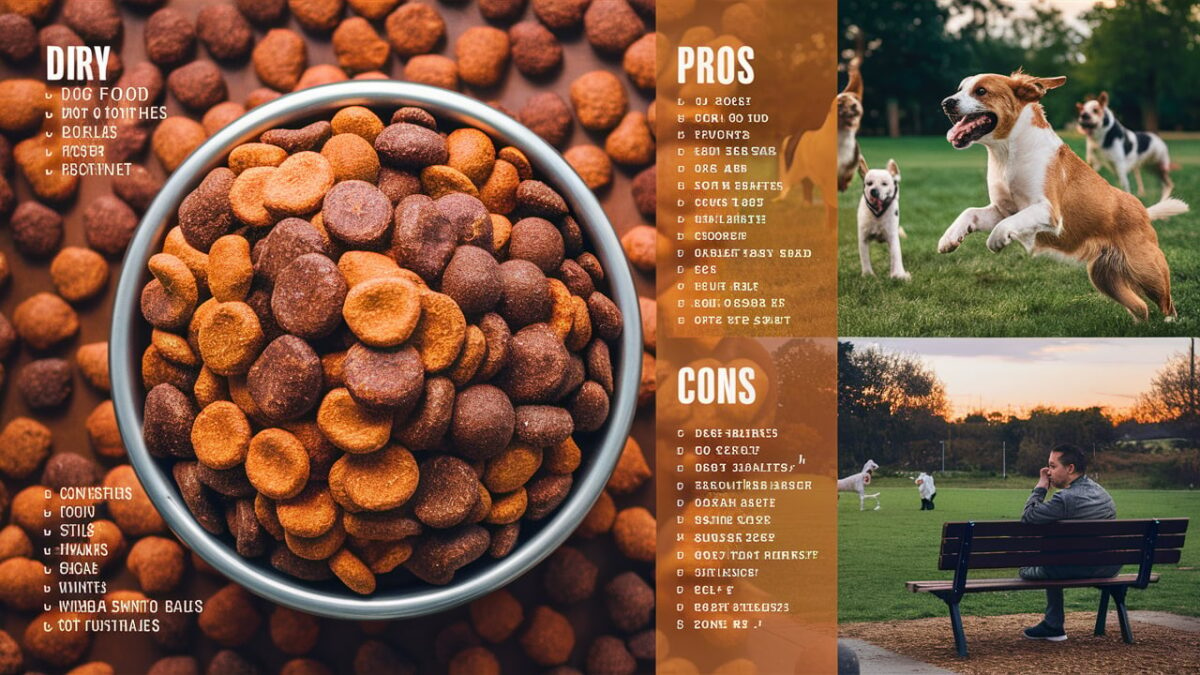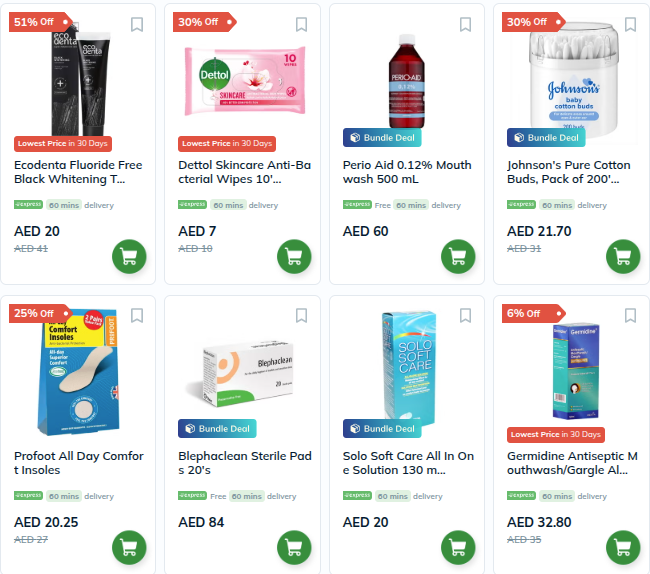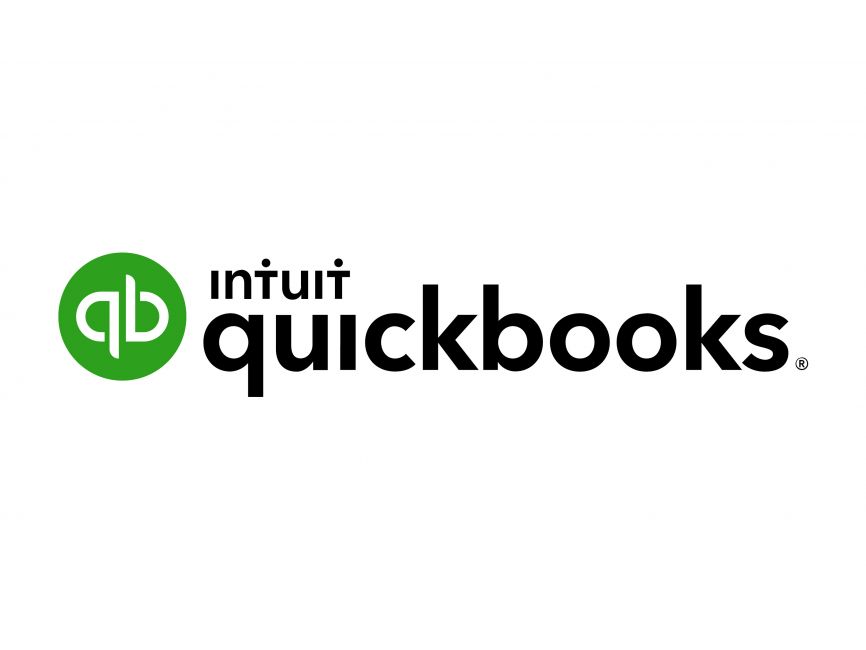Is Dry Dog Food Best for Dogs?

Choosing the right food for your furry friend can be a daunting task. With so many options available, pet owners often find themselves asking: “Is dry dog food best for dogs?” In this article, we’ll dive deep into the world of dry dog food, exploring its benefits, drawbacks, and how it stacks up against other types of dog food.
Understanding Dry Dog Food
What is Dry Dog Food?
Dry dog food, commonly known as kibble, is a type of dog food that is processed and dried to create a crunchy, shelf-stable product. It typically contains a blend of meat, grains, vegetables, vitamins, and minerals. The ingredients are mixed, cooked, and then extruded into small, bite-sized pieces.
Types of Dry Dog Food
Dog dry food comes in various formulations to cater to different dietary needs. Two popular types include grain-free and grain-inclusive. Grain-free kibble excludes grains like wheat, corn, and rice, substituting them with alternative carbohydrates like sweet potatoes and peas. Grain-inclusive formulas include traditional grains and are often designed to meet the needs of specific breeds, life stages, or health conditions.
Benefits of Dry Dog Food
Convenience and Storage
One of the biggest advantages of dry dog food is its convenience. Kibble is easy to store, has a long shelf life, and can be left out for your dog to eat throughout the day without spoiling. This makes it a practical choice for busy pet owners.
Dental Health Benefits
Dry dog food can contribute to better dental health. The crunchy texture helps to scrape off plaque and tartar from your dog’s teeth, potentially reducing the risk of dental diseases. However, it’s important to note that kibble should not replace regular dental care like brushing and professional cleanings.
Nutritional Value
High-quality dry dog foods are formulated to provide a balanced diet in every bite. They contain a mix of proteins, fats, carbohydrates, vitamins, and minerals that support overall health. Many brands also include added benefits like omega fatty acids for skin and coat health, and probiotics for digestive support.
Potential Drawbacks of Dry Dog Food
Hydration Concerns
One downside of dry dog food is its low moisture content. Dogs that eat only kibble may not get enough water from their food, which means they need to drink more to stay hydrated. It’s crucial to ensure your dog always has access to fresh water.
Quality Variations
The quality of dry dog food can vary significantly between brands. Some kibbles are made with high-quality ingredients and adhere to strict manufacturing standards, while others may contain fillers, artificial additives, and low-quality protein sources. It’s important to research and choose a reputable brand.
Comparing Dry Dog Food with Other Types
Dry vs. Wet Dog Food
Wet dog food, or canned food, has a high moisture content, making it a good choice for dogs that need extra hydration. It’s often more palatable, which can be beneficial for picky eaters or dogs with dental issues. However, it typically costs more and has a shorter shelf life once opened compared to dry dog food.
Dry vs. Raw Dog Food
Raw dog food consists of uncooked meat, bones, fruits, and vegetables. Advocates claim it mimics a dog’s natural diet and can lead to improved health. However, raw diets require careful handling to avoid bacterial contamination and must be balanced to ensure nutritional completeness. Dry dog food is more convenient and less risky in terms of food safety.
How to Choose the Best Dry Dog Food
Reading Labels
When selecting dry dog food, reading the label is essential. Look for a named protein source (like chicken or beef) as the first ingredient and avoid foods with vague terms like “meat by-products.” Pay attention to the nutritional adequacy statement to ensure it meets AAFCO standards for your dog’s life stage. Order Now at – Pawsandpaws: Best dry dog food site in India.
Consulting Your Vet
Your veterinarian can provide valuable guidance based on your dog’s specific needs. They can recommend brands, formulations, and even help you understand any dietary restrictions your dog may have due to health conditions.
Considering Your Dog’s Needs
Every dog is unique, so consider factors like age, breed, size, and health when choosing a dry dog food. Puppies, adult dogs, and senior dogs have different nutritional requirements. Similarly, large breeds may benefit from formulas that support joint health, while small breeds might need smaller kibble sizes.
Tips for Transitioning to Dry Dog Food
Gradual Introduction
Switching your dog to a new food should be done gradually to avoid digestive issues. Start by mixing a small amount of the new food with your dog’s current food and slowly increase the proportion over 7-10 days.
Monitoring Your Dog
Keep an eye on your dog during the transition. Watch for any signs of digestive upset, such as vomiting or diarrhea, and note any changes in their energy levels or coat condition. If you notice any adverse reactions, consult your vet.
Conclusion
In conclusion, dry dog food offers many benefits, including convenience, dental health advantages, and nutritional value. However, it’s important to choose a high-quality product and ensure your dog stays hydrated. While dry dog food can be an excellent choice for many dogs, always consider your pet’s individual needs and consult with your vet to make the best decision.
FAQs
Is dry dog food better than wet dog food?
Not necessarily. Both dry and wet dog foods have their own benefits. Dry dog food is convenient and good for dental health, while wet food provides more moisture and can be more palatable for some dogs.
Can dry dog food cause dental problems?
Dry dog food can help reduce plaque and tartar, but it should not replace regular dental care. Brushing your dog’s teeth and professional cleanings are still necessary.
How do I know if my dog is allergic to dry dog food?
Signs of a food allergy include itching, skin irritations, ear infections, and gastrointestinal issues. If you suspect your dog has an allergy, consult your vet for proper diagnosis and guidance.
Is grain-free dry dog food better for my dog?
Not always. Grain-free diets are beneficial for dogs with grain sensitivities, but they are not inherently superior. Some dogs thrive on grain-inclusive diets. It’s best to consult your vet for personalized advice.
How should I store dry dog food?
Store dry dog food in a cool, dry place, and keep it in an airtight container to maintain freshness and prevent contamination. Avoid exposing it to heat and moisture, which can degrade the quality.









